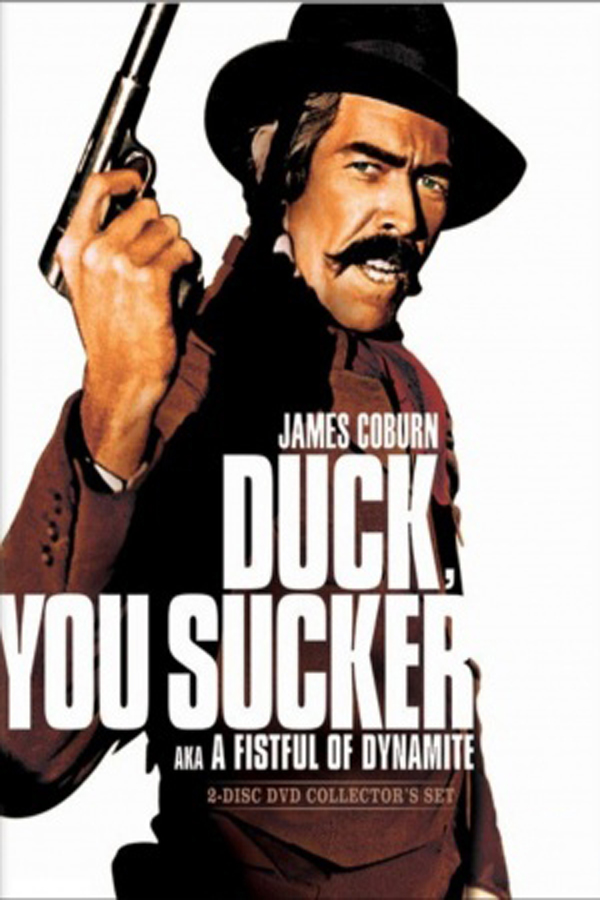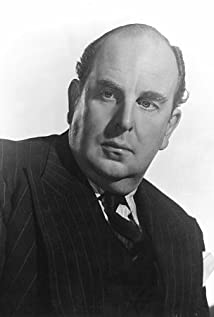Robert Morley
English character actor Robert Morley was educated in England, Germany, France and Italy. His family planned for him to go into the diplomatic service but he liked the idea of acting more. After studying at The Royal Academy of Dramatic Art (RADA) in London he appeared on the London stage in 1929 and in 1938 he first appeared on Broadway as the lead in Oscar Wilde. His film debut was as Louis XVI with Norma Shearer in Marie Antoinette (1938). A regular series of supporting roles kept him occupied and he made regular appearances on TV as an exceptionally witty guest on various talk shows.
- IMDb Mini Biography By: Steve Crook
Bushy-browed, triple-chinned and plummy-voiced English actor and raconteur of wide girth and larger-than-life personality. The son of a career army officer, Morley was expected to join the diplomatic corps. As a 'compromise', he tried his hand as a beer salesman. However, bitten by the acting bug since first performing in a kindergarten play, he prevailed over the wishes of his parents and enrolled at RADA. He made his theatrical debut at London's Strand Theatre, in a 1929 production of "Treasure Island", playing the part of a pirate for $5 a week. During the next few years, Morley honed his craft by touring regional theatres, writing or co-writing the occasional play, and, when money was hard to come by, selling vacuum cleaners. For a while, he managed his own repertory company in tandem with fellow actor Peter Bull in the Cornish seaside resort of Perranporth. Morley eventually returned to the London stage in a much acclaimed performance as "Oscar Wilde", a role he took to Broadway in October 1938.
On the strength of this, he was invited to Hollywood and garnered an Oscar nomination for his first screen role as the effete, simple-minded monarch Louis XVI, in MGM's lavish production of Marie Antoinette (1938). Back in Britain, he then played the armaments millionaire Andrew Undershaft in George Bernard Shaw's Major Barbara (1941), a performance praised by Bosley Crowther as "deliciously satanic, profoundly suave and tender" (NY Times, May 15 1941). Happily managing to avoid military participation in the Second World War, Morley spent the remainder of the decade acting in such prestigious theatrical showpieces as "The Man Who Came to Dinner", and as star and co-author of "Edward, My Son". His defining performance in the play led the critic Brooks Atkinson to comment on his "studied authority ... which might sound like an affectation in an actor of inferior style"(NY Times, June 4 1992).
Morley acted on screen in a variety of very British, sometimes eccentric, sometimes giddy, often pompous, but rarely dislikeable characters. At his best, he was the expatriate Elmer Almayer, at once pitiable and overbearing, in Outcast of the Islands (1951); the Sydney Greenstreet parody Peterson in John Huston's Beat the Devil (1953); as another languid monarch, George III in the colourful period drama Beau Brummell (1954); as Oscar Wilde (1960), recreating his original stage triumph; and as a food critic in the hugely enjoyable Who Is Killing the Great Chefs of Europe? (1978). He also performed occasionally in TV movies and miniseries. His wit was much appreciated on chat shows, both in Britain and the U.S., where was a frequent and popular guest. He was also the voice of British Airways in commercials of the 70's and early 80's, promising "we'll take good care of you" -- something he did with his acting for over half a century. Robert Morley was awarded a CBE in 1957. He died as the result of a stroke in Reading, Berkshire, at the age of 84.

